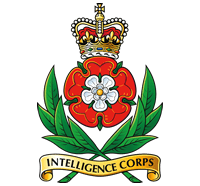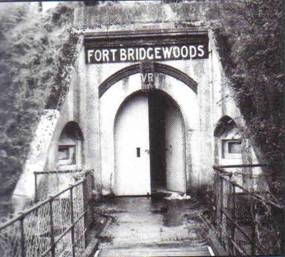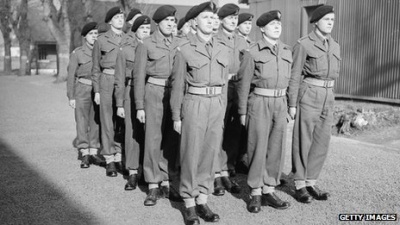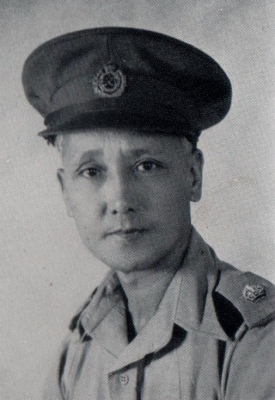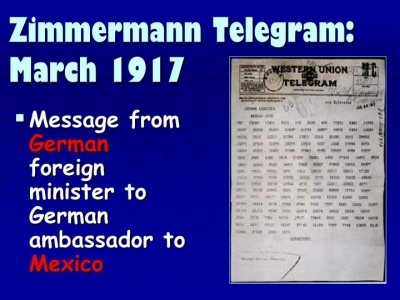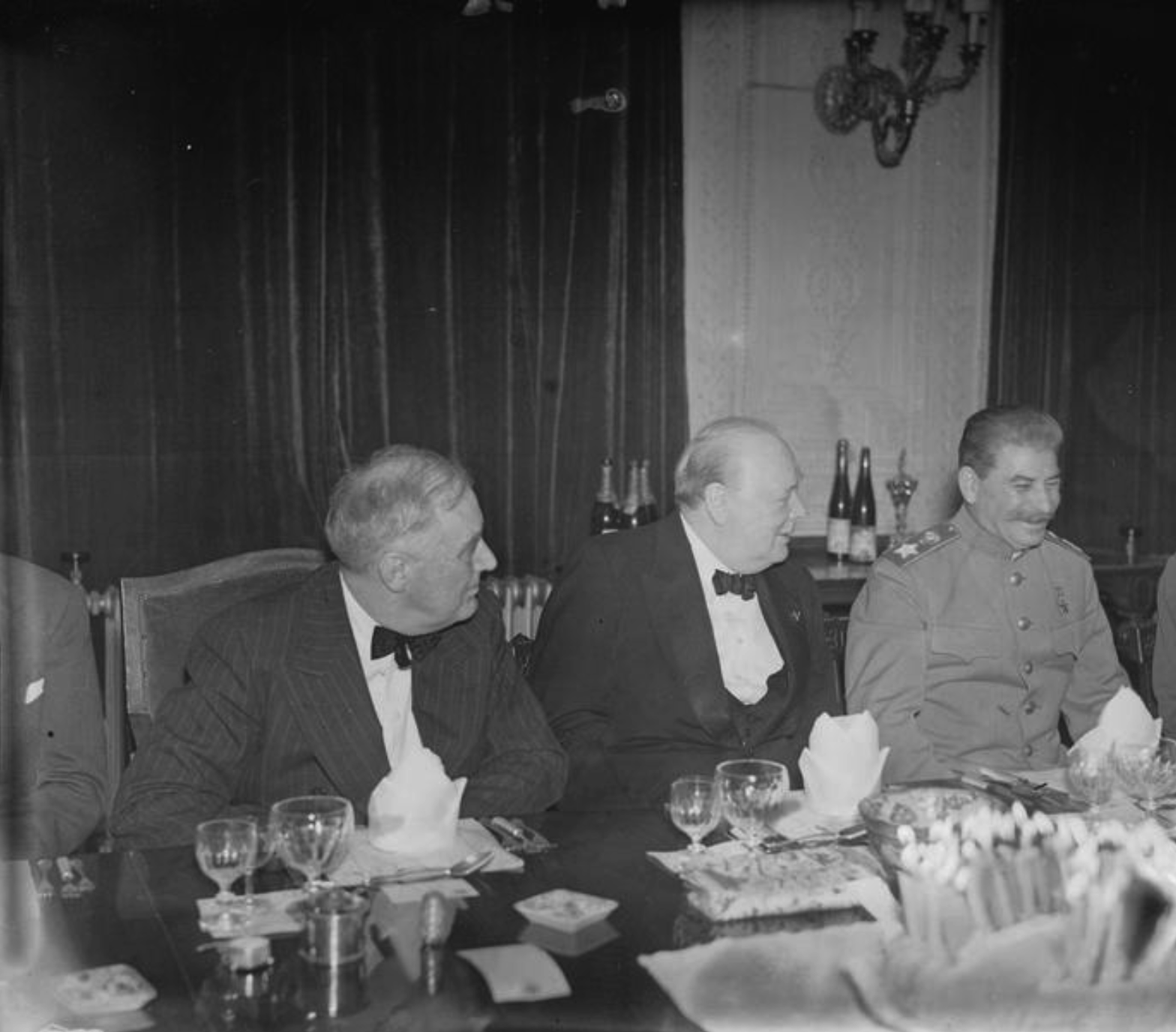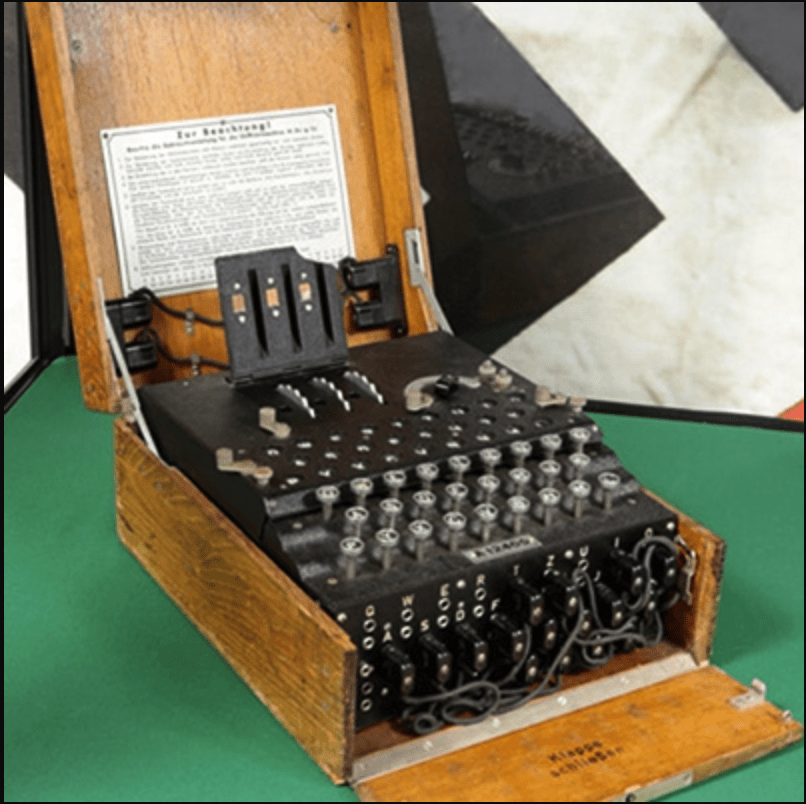The School that Disappeared
By Paul Croxson It was a simple enough request, ‘What did I know about the Intelligence schools and their numbering?’ ‘Not a lot,’ was the answer. The title ‘schools’ seemed designed to confuse the enemy. Their primary function was to direct the search for specific German signals. Not much more than this was recorded. To be honest, I hadn’t looked at this subject for a number of years during my Sigint searches and so just sent off some scrambled notes that I happened to have following some research for the late Alan Edwards. When I later read them, I realised…
